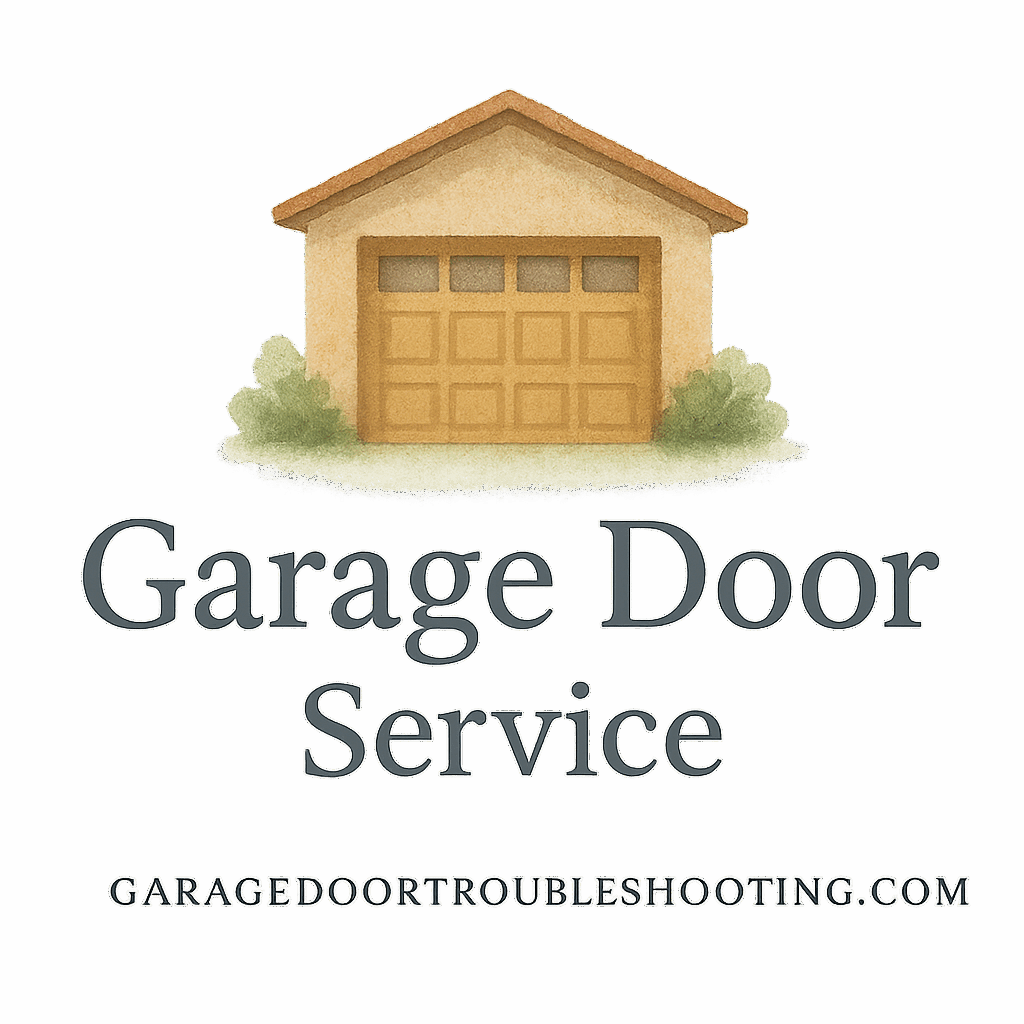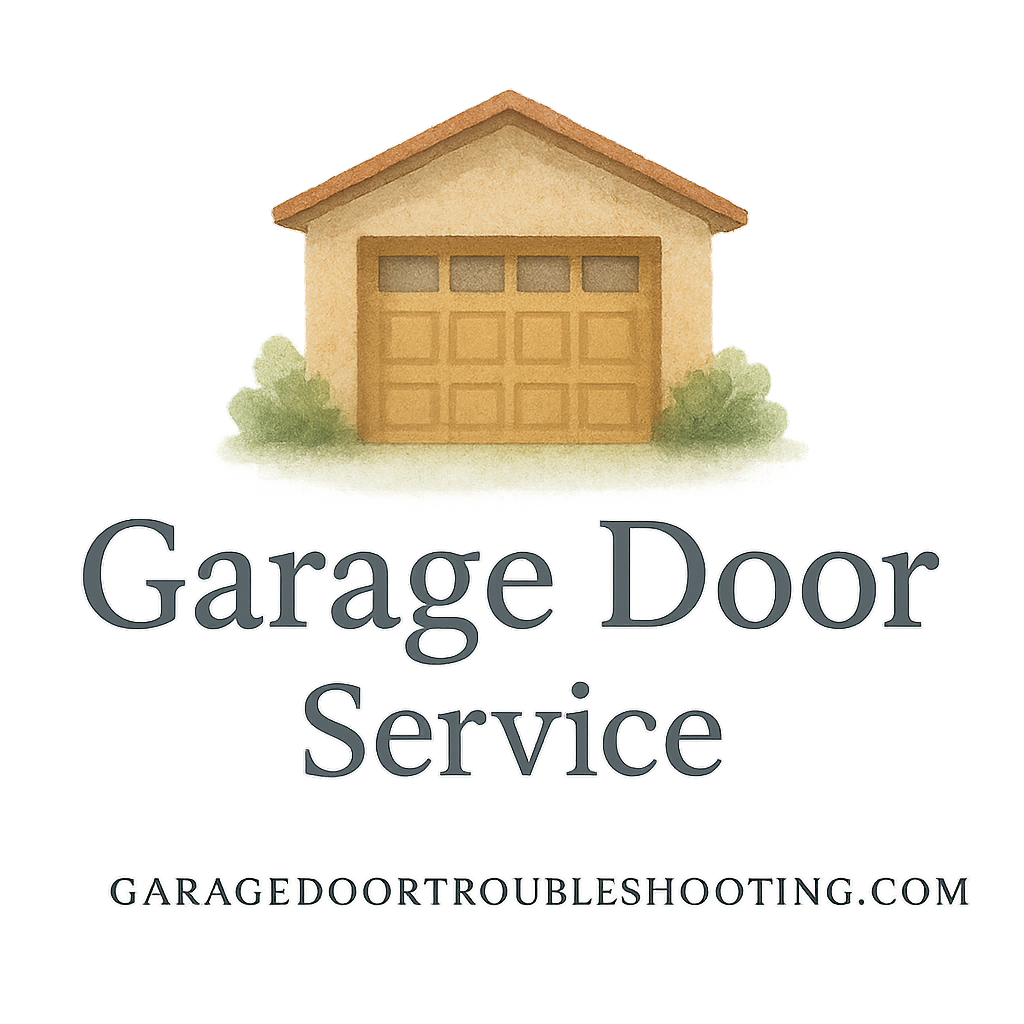Introduction: Why Garage Door Rollers Matter
When was the last time you thought about your garage door rollers? Probably never—until your garage door started squeaking, jamming, or refusing to close properly. Rollers may be small, but they’re the unsung heroes that keep your garage door gliding smoothly. Without them, your heavy door would grind, stick, and eventually break down. That’s why understanding common roller problems in garage door repairs is essential for every homeowner.
Understanding the Role of Rollers in Garage Doors
What Exactly Do Rollers Do?
Garage door rollers are the little wheels that run inside the metal tracks along the sides of your garage door. Their job is simple yet crucial: they allow your door to move up and down effortlessly. Think of them as the “sneakers” of your garage door—if they’re in good condition, movement is smooth. If they’re worn out, every step becomes a struggle.
Signs Your Rollers Might Be Failing
- The door squeaks or grinds when moving.
- The door feels heavier or harder to lift.
- The rollers look cracked, worn, or rusty.
- The door jumps or wobbles along the track.
Spotting these issues early can save you from costly garage door repairs later.
Common Roller Problem #1: Worn-Out Rollers
Causes of Roller Wear and Tear
Like car tires, rollers naturally wear out over time. Constant friction, dirt buildup, and lack of lubrication speed up the process.
Symptoms of Worn Rollers
- Door movement feels rough.
- You hear screeching or dragging noises.
- Rollers appear oval instead of round.
How to Fix or Replace Worn-Out Rollers
If rollers are mildly worn, lubrication can extend their life. But if they’re cracked or flattened, replacement is the only option. You can read detailed garage door repair guides to safely handle replacements.
Common Roller Problem #2: Misaligned Rollers
Why Rollers Come Off Track
Misalignment happens when tracks bend, debris builds up, or a roller pops out of place. Even a slight misalignment can cause big headaches.
Dangers of Misalignment
A misaligned roller can force your garage door off-track entirely, making it unsafe and unusable.
Solutions for Misaligned Rollers
- Clean and inspect tracks regularly.
- Tighten any loose brackets.
- Call a garage door services professional if the door looks unstable.
Common Roller Problem #3: Noisy Rollers
Causes of Noisy Rollers
Rollers can squeak if they’re dirty, dry, or made of metal without ball bearings.
Quick Fixes vs. Long-Term Solutions
A bit of lubricant quiets rollers temporarily, but if they’re old or steel-based, upgrading to nylon rollers provides long-lasting peace and quiet. Check garage door maintenance tips for keeping things silent.

Common Roller Problem #4: Broken or Cracked Rollers
Types of Damage to Look Out For
Plastic rollers often crack under heavy doors, while steel rollers bend after years of use.
Repair vs. Replacement: Which Is Better?
Repairing a cracked roller is like patching a popped tire—it won’t last. Replacement is the safer, smarter choice.
Common Roller Problem #5: Rusted Rollers
Why Rust Happens
Moisture, humidity, and lack of cleaning cause steel rollers to rust over time.
Preventing Rust Before It Starts
- Apply rust-resistant lubricant.
- Keep the garage dry and ventilated.
Replacing Rusted Rollers Safely
Always disconnect the opener before replacing rusted rollers to avoid accidents. For more safety insights, check out garage door safety and security tips.
DIY vs. Professional Garage Door Roller Repairs
Risks of DIY Garage Door Repairs
DIY fixes may seem tempting, but garage doors are heavy and under tension. A simple mistake can cause injury. That’s why many experts recommend reading about dangerous repairs before attempting them.
When to Call a Professional
If rollers keep popping out, tracks look bent, or you feel unsafe, hire a professional garage door provider to handle it.
Safety Precautions for Handling Garage Door Rollers
Tools You Need for Safe Repairs
- Safety gloves
- Screwdrivers and pliers
- Step ladder
- Lubricant
Mistakes to Avoid
- Never force a roller back into place.
- Don’t skip safety gear.
- Avoid using household oils—they attract dust.
Preventative Maintenance Tips for Garage Door Rollers
Regular Cleaning and Lubrication
Clean rollers with a damp cloth and apply silicone-based lubricant at least twice a year.
Scheduling Maintenance Plans
Signing up for a maintenance plan helps catch small issues before they snowball.
The Cost of Roller Repairs and Replacement
Factors Affecting Roller Repair Costs
- Type of rollers (nylon, steel, plastic).
- Labor charges in your area.
- Extent of damage.
Long-Term Savings Through Proper Maintenance
Replacing rollers every 7–10 years costs less than dealing with a broken track or damaged opener.
Choosing the Right Garage Door Services Provider
Qualities of a Reliable Garage Door Professional
- Licensed and insured
- Transparent pricing
- Good reviews and reputation
Questions to Ask Before Hiring
- Do you offer a service contract?
- What brands of rollers do you use?
- Do you provide emergency repairs?
Conclusion: Keeping Your Garage Door Rollers in Top Shape
Garage door rollers may be small, but they make a massive difference in your door’s performance and safety. From worn-out to misaligned, noisy, cracked, or rusted rollers—knowing these common roller problems in garage door repairs can save you stress, money, and potential accidents. Whether you take the DIY route with caution or hire a professional, keeping up with roller maintenance ensures your garage door runs smoothly for years.
FAQs
How often should I replace garage door rollers?
Most rollers last 7–10 years, but heavy-use doors may need replacements sooner.
Can I lubricate garage door rollers myself?
Yes, just use a silicone-based spray, not WD-40 or cooking oils.
Why does my garage door make grinding noises?
Grinding usually means rollers are worn, dry, or misaligned.
Are nylon or steel rollers better for my garage door?
Nylon rollers are quieter and require less maintenance, while steel rollers are more durable for heavy doors.
How do I know if my garage door rollers are misaligned?
If your door shakes, drags, or keeps popping off the track, your rollers may be misaligned.
Can rusted garage door rollers be cleaned instead of replaced?
Light rust can be cleaned, but deep rust means replacement is safer.
What’s the average cost to fix garage door rollers?
Repairs range from $100–$250, depending on roller type and labor costs.


